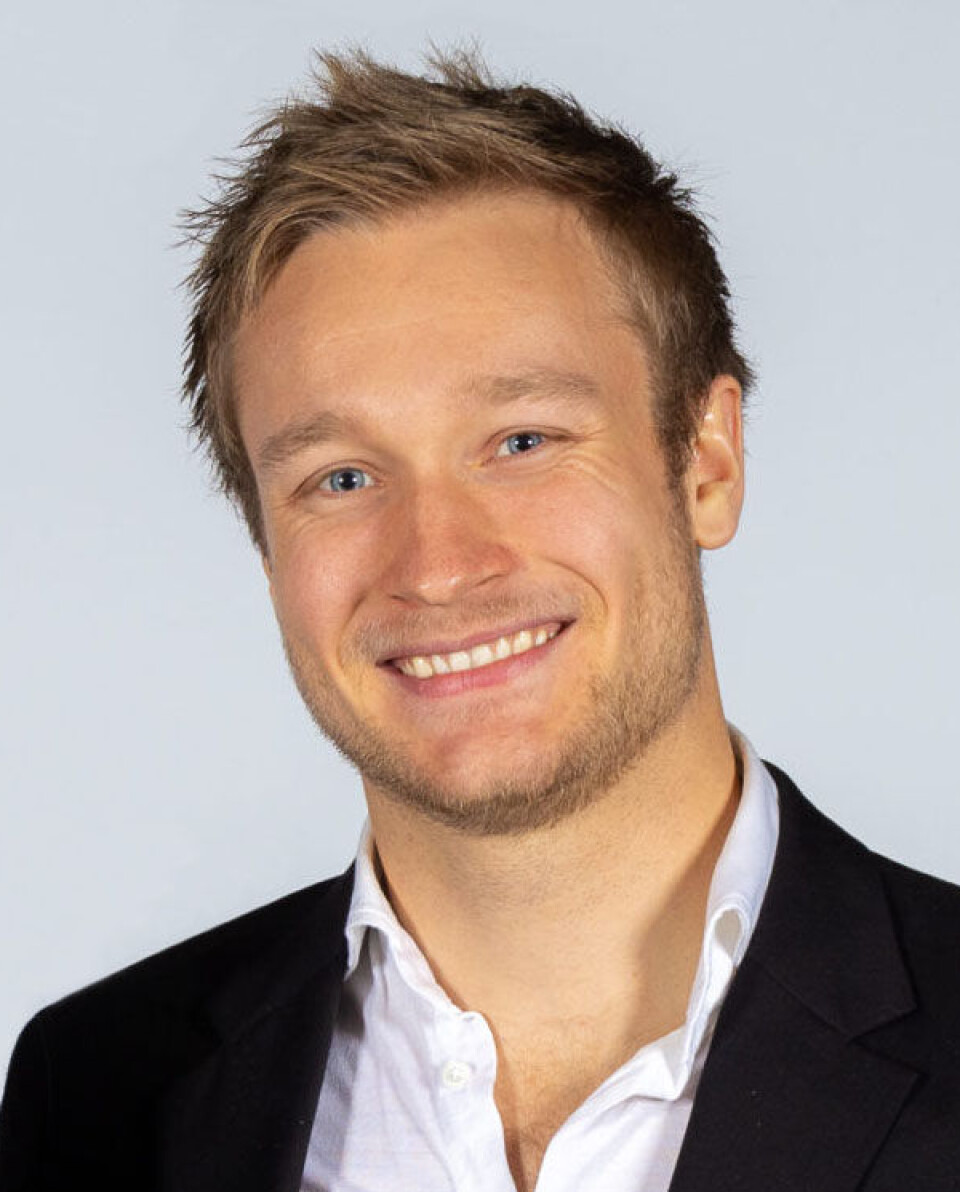THIS ARTICLE/PRESS RELEASE IS PAID FOR AND PRESENTED BY THE University of Agder - read more

The placebo effect in fitness: Why believing in your workout matters
If you believe that the training programme you are following has been put together especially for you, you can get a better effect from your training.
“If you believe that the training programme you are following has been optimised for you, that in itself will have an effect, regardless of the content of the programme. It is exactly the same as the placebo effect we know from medicine,” Kolbjørn Andreas Lindberg says.
He is a research fellow at the University of Agder and has conducted a pilot study on the effect this can have on training.
Placebo is the name for the somewhat strange phenomenon that occurs when medication or treatment works better if you believe it will work.
The results have been published in the journal Scientific Reports.
Known from clinical studies
Have you ever taken paracetamol to relieve a pounding headache, only to feel better even before the pill has had a chance to work? Then you have experienced the placebo effect.

“The placebo effect has been studied for over 70 years, but looking at it in the context of exercise research is new,” Lindberg says.
Placebo drugs are an important part of clinical research. In so-called blind trials, the active drug and placebo are administered to patients according to a code, so neither the researchers nor the subjects know who has been given what.
In this way, researchers can objectively evaluate the effect of the medication.
Did better
40 people participated in the study by Lindberg and his colleagues. After a series of physical tests in the laboratory, they were all given different training programmes.
Half of the participants were told that the training programme they received had been specially adapted to them based on the tests that were carried out. This was the intervention group.
The other half, the control group, did not receive such a message.
The participants were all given training programmes that varied with regard to weight and the number of repetitions, but on average the programmes of the two groups were similar.
After completing the 8-10 weeks of training, the participants were again tested in the laboratory.
“It turned out that those who thought they had received an individually-adapted training programme got better results on average than the control group. Even though the two groups had followed the same programme on average,” Lindberg says.
The researchers found differences between the two groups, especially with the squat exercise and general muscle thickness.
Exercised more
“It may be a little surprising that placebo also applies to exercise. But when you think about it, it makes sense,” Lindberg says.
He explains that there were indications that the participants who thought they were following a personal programme trained a little more and with a higher intensity. Many such small factors can affect the result.
Lindberg also believes that the testing itself may have had an impact on the result: The intervention group may have felt that they had to perform since the programme was supposed to give them results.
Should be critical of findings on training
“The placebo effect is largely overlooked when researching the results of exercise. It can be difficult to conduct a blind study when comparing training twice a week with training four times a week,” he says.
This can be a problem when new training approaches appear to offer good results.
“There is good reason to be sceptical of new fancy training approaches that are hyped up in the media. Especially considering that virtually no such studies have been controlled for the placebo effect,” Lindberg says.
Reference:
Lingberg et al. The effects of being told you are in the intervention group on training results: a pilot study, Scientific Reports, vol. 13, 2023. DOI: 10.1038/s41598-023-29141-7

This article/press release is paid for and presented by the University of Agder
This content is created by the University of Agder's communication staff, who use this platform to communicate science and share results from research with the public. The University of Agder is one of more than 80 owners of ScienceNorway.no. Read more here.
See more content from the University of Agder:
-
Fear being rejected: Half pay for gender-affirming surgery themselves
-
Study: "Young people take Paracetamol and Ibuprofen for anxiety, depression, and physical pain"
-
Research paved the way for better maths courses for multicultural student teachers
-
The law protects the students. What about the teachers?
-
This researcher has helped more economics students pass their maths exams
-
There are many cases of fathers and sons both reaching elite level in football. Why is that?




































